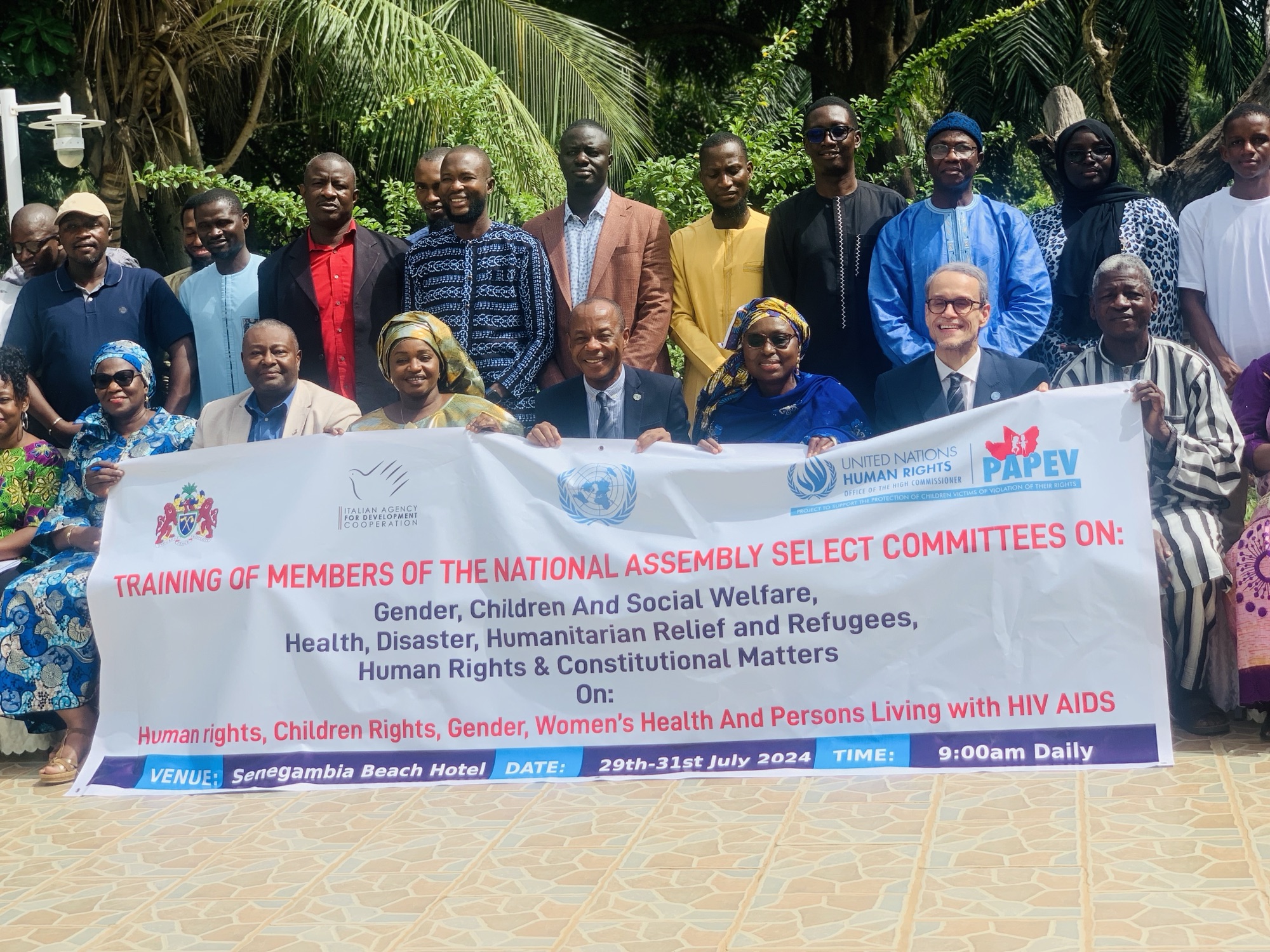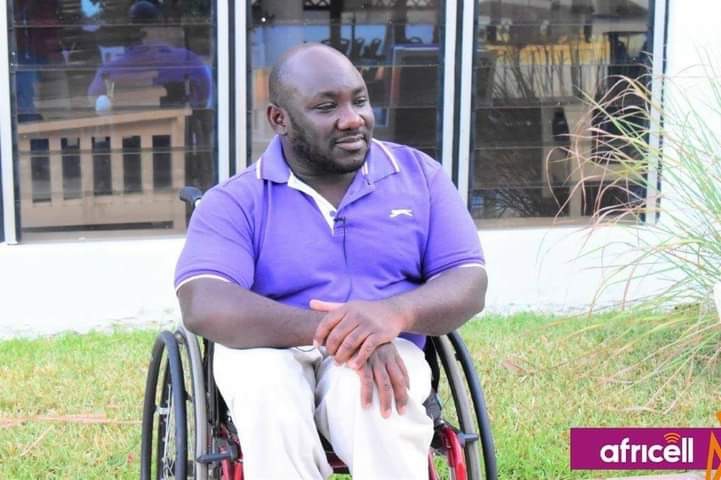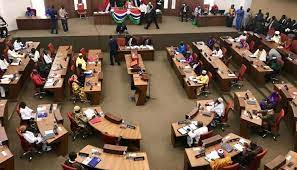By Arret Jatta
The office of the High Commissioners on Human Rights (OHCHR), Protection of Children Victims of the Violation of their Rights [PAPEV and the UN agencies in The Gambia three days of training for the National Assembly Select Committee on Gender, Children, and Social Welfare, Health, Humanitarian Relief and Refugees, Human Rights & Constitutional Matter underway.
The training on Human Rights, Children’s Rights, Gender, Women’s Health, and Persons Living with HIV AIDS opened on Monday at a local hotel in Senegambia.
The training is meant to increase understanding and knowledge of national assembly members on women’s and children’s rights, and how to integrate them in policy development.
In her opening remarks, Hon. Fatou Kinteh, Minister of Gender, Children and Social Welfare stated that no country can ever truly flourish if it stifles the potential of its women and deprives itself of the contributions of half its citizens.
“The potential of women to contribute in transforming societies and economies, and the power of an educated girl to transform her family, her community, and her country, and the importance of children in society and how they should be protected at all times.
“There is no other resource that a country can boast of other than that of its children. Children who have been well groomed, protected, cared for, and provided with a loving home, have a lot to offer their generation and contribute to the development of their country. Just as a generation of abused, exploited, and traumatisedchildren for any country will translate to making dysfunctional future leaders and policymakers which translates further to having a dysfunctional society”, she said.
She noted that violence against women and children in their society continues to be underreported despite the efforts of the Government and other actors to curb the problem.
“Child sexual abuse, child begging, early and forced marriage child labor, child trafficking, and exploitation continue to be challenged with significant adverse consequences on children’s health and well-being and the heart ached of every mother”, she further explained.
She recalled that the Government of The Gambia has signed and ratified major international and regional human rights instruments relating to children and women.
Karl Frederick Paul, resident coordinator of UN in the Gambia stated that The Gambia has embarked on a transitional justice process, underscored by the establishment of key institutions such as the Truth, Reconciliation and Reparations Commission (TRRC) and the National Human Rights Commission (NHRC).
He further said that these efforts have been instrumental in shedding light on past injustices and advancing initiatives to foster a society built on principles of justice, equality, and respect for human rights.
“Amidst these achievements, we must acknowledge the persistent challenges that warrant our steadfast attention and united action.
The threat to the repeal of the anti-FGM law highlights the fragility of our established rights”, he highlighted.
“Addressing issues like gender-based violence, child protection, and legislative reforms must remain a top priority in our legislative agenda, necessitating innovative solutions rooted in international human rights norms and standards”, he added.
For his part, the Chairperson of the National Human Rights Commission, (NHRC) MrEmmanuel Daniel Joof, stressed that this is an important training that focuses on human rights, children’s rights, and women’s health and he thanked the office of the high commissioner for coming up with this initiative.
“As lawmakers and representatives of the people, you play a very critical role in ensuring that every citizen enjoys their fundamental rights and freedom, this training aims to equip you with the knowledge and tools necessary to champion human rights, protect the rights of children and protect women’s health effectively”, he told NAMs.
He urged NAM to use this training best as it will help guide them with their work.





